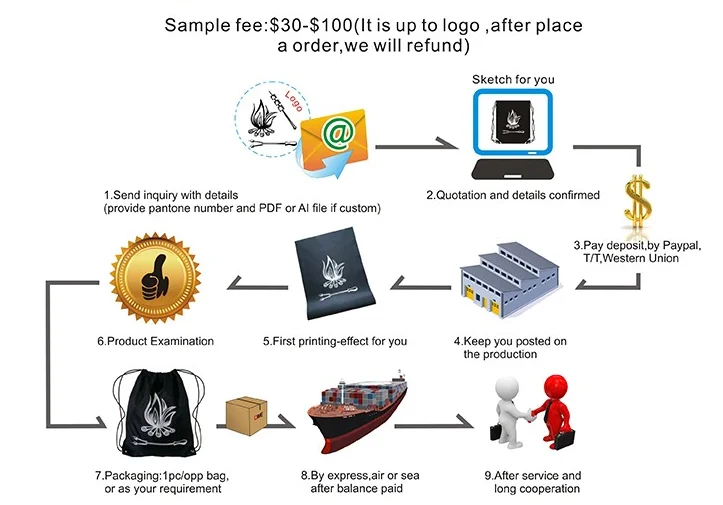How to Secure Loans for Small Businesses with Bad Credit: A Comprehensive Guide
Guide or Summary:Introduction to Loans for Small Businesses with Bad CreditUnderstanding Bad Credit and Its ImpactTypes of Loans AvailableHow to Improve You……
Guide or Summary:
- Introduction to Loans for Small Businesses with Bad Credit
- Understanding Bad Credit and Its Impact
- Types of Loans Available
- How to Improve Your Chances of Approval
**Translation of "loans for small businesses with bad credit":** Loans for small businesses with bad credit
---
Introduction to Loans for Small Businesses with Bad Credit
Starting and running a small business can be a challenging endeavor, especially when financial hurdles arise. For entrepreneurs with less-than-perfect credit scores, securing financing can seem like an insurmountable task. However, there are options available, specifically tailored as loans for small businesses with bad credit. These loans are designed to help business owners access the necessary funds to grow their operations, even when traditional lenders may turn them away.
Understanding Bad Credit and Its Impact
Bad credit typically refers to a low credit score, often below 580. This score can result from various factors, including missed payments, high credit utilization, or bankruptcy. For small business owners, bad credit can significantly impact their ability to secure financing. Traditional lenders, such as banks, often rely heavily on credit scores to assess risk, making it difficult for those with poor credit histories to obtain loans. This is where loans for small businesses with bad credit come into play, providing alternative solutions for funding.

Types of Loans Available
When looking for loans for small businesses with bad credit, it's essential to explore the different types of financing options available. Here are a few common types:
1. **Microloans**: These are small loans typically offered by nonprofit organizations and community lenders. They often have more lenient credit requirements and can provide the necessary funds for startups or small businesses in need of capital.
2. **Merchant Cash Advances**: This option allows business owners to receive a lump sum of cash in exchange for a percentage of future sales. While this can be a quick solution, it often comes with high fees and interest rates.
3. **Peer-to-Peer Lending**: Platforms that facilitate loans between individuals can be a viable alternative for those with bad credit. These loans are often more flexible in terms of credit requirements.

4. **Alternative Lenders**: Many online lenders specialize in providing loans to individuals with poor credit. These lenders may consider other factors, such as business revenue and cash flow, rather than solely relying on credit scores.
How to Improve Your Chances of Approval
While loans for small businesses with bad credit are available, improving your chances of approval can still be beneficial. Here are some tips:
- **Prepare a Solid Business Plan**: A well-structured business plan can demonstrate your commitment and vision, making lenders more likely to consider your application.
- **Showcase Revenue**: Providing documentation of consistent revenue can help lenders see your business's potential, even with a poor credit score.

- **Consider a Co-Signer**: If possible, having a co-signer with better credit can improve your chances of securing a loan.
- **Research Lenders**: Not all lenders have the same criteria. Take the time to research those that specialize in loans for small businesses with bad credit.
Securing financing for a small business with bad credit can be challenging, but it's not impossible. By exploring various options and understanding the types of loans for small businesses with bad credit available, entrepreneurs can find the funding they need to succeed. Remember, improving your credit score over time can open up even more opportunities for financing in the future. Stay informed, be proactive, and don't hesitate to seek assistance from financial advisors or mentors who can guide you through the process.